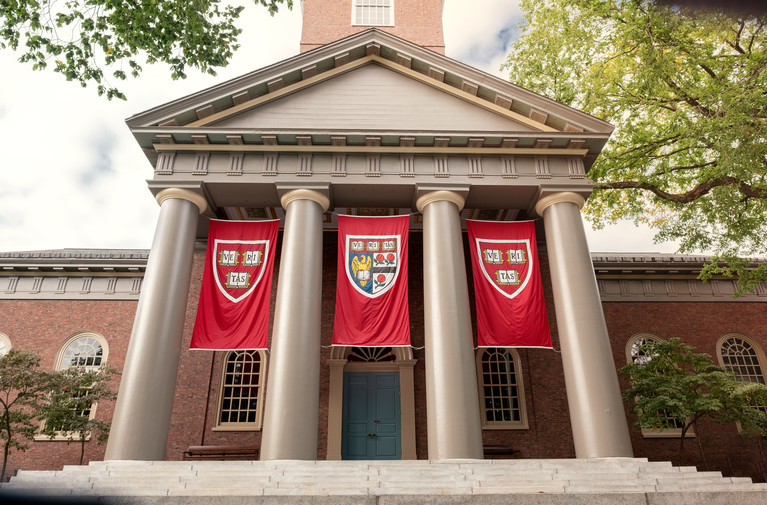Boston, MA – The Trump administration has announced its intention to appeal a federal court ruling that restored over $2 billion in federal research funding to Harvard University, a decision described by officials as granting the Ivy League institution “broad and powerful relief.” The ruling, issued by U.S. District Judge Allison Burroughs on September 3, 2025, declared the administration’s earlier decision to freeze these funds as illegal, marking a significant victory for Harvard in its ongoing legal battle with the White House.
The conflict began in April 2025 when the Trump administration froze more than $2.6 billion in federal research grants, citing Harvard’s alleged failure to address antisemitism on campus as a violation of Title VI of the Civil Rights Act, which prohibits discrimination based on race, color, and national origin. The administration demanded sweeping changes to Harvard’s admissions, governance, and disciplinary policies, which the university argued infringed on its academic freedom and First Amendment rights. Harvard responded by filing a lawsuit, accusing the administration of using antisemitism as a pretext for a politically motivated attack on elite universities.
In her 84-page opinion, Judge Burroughs, an appointee of former President Barack Obama, rejected the administration’s rationale, stating that the funding cuts had “little connection” to antisemitism. “A review of the administrative record makes it difficult to conclude anything other than that Defendants used antisemitism as a smokescreen for a targeted, ideologically-motivated assault on this country’s premier universities,” Burroughs wrote. She further argued that the administration’s actions violated the First Amendment, the Administrative Procedure Act, and Title VI, emphasizing that the frozen funds supported critical research in fields like Alzheimer’s, cancer, and veterans’ mental health, with no direct link to campus discrimination.
The ruling has been hailed as a landmark victory for Harvard, the only major university to legally challenge the administration’s funding cuts. Harvard President Alan Garber praised the decision, stating, “This ruling validates our fight for academic freedom and the integrity of our research mission.” However, he cautioned that the university would continue to monitor legal developments, anticipating further battles as the administration vows to escalate its efforts.
White House spokeswoman Liz Huston called the ruling “egregious” and criticized Burroughs as an “activist Obama-appointed judge.” In a statement, Huston asserted, “Harvard does not have a constitutional right to taxpayer dollars and has failed to protect its students from harassment and discrimination.” The administration plans to appeal the decision immediately, signaling a continued push to leverage federal funding as a tool to influence university policies.
Legal experts see the ruling as a significant rebuke to the administration’s tactics. Tyler Coward, lead counsel for the Foundation for Individual Rights and Expression, described the funding freeze as “flatly unlawful and unconstitutional,” arguing that it trampled Harvard’s First Amendment protections. The decision could have broader implications for other universities facing similar pressures, such as UCLA, which is negotiating a $1 billion settlement to restore $584 million in frozen funds, and Cornell and Northwestern, which are also in talks with the administration.
The appeal is expected to escalate the case to higher courts, potentially reaching the Supreme Court, given the administration’s aggressive stance on higher education oversight. Critics of the administration argue that its actions reflect a broader agenda to reshape academia, while supporters claim it is holding institutions accountable for failing to address campus discrimination.
As the legal battle unfolds, Harvard’s research operations, which support over 900 projects, stand to regain critical funding. However, the outcome of the appeal could set a precedent for the balance between federal authority and academic autonomy, with ripple effects across higher education.
Sources: Politico, CNN, The Associated Press
